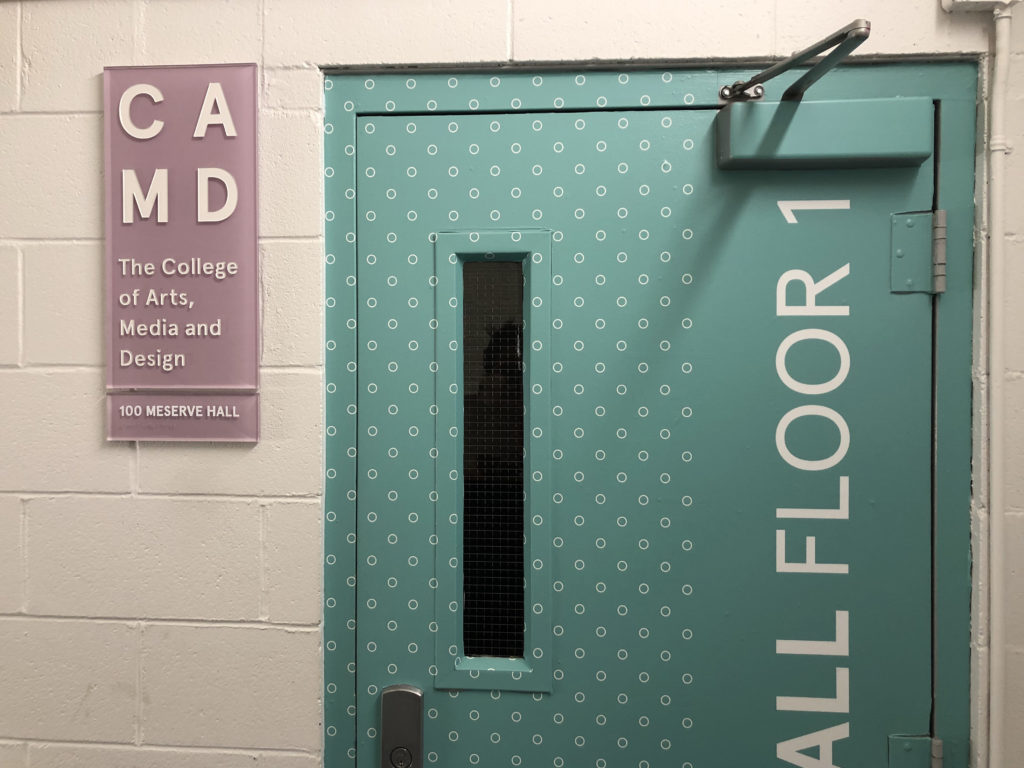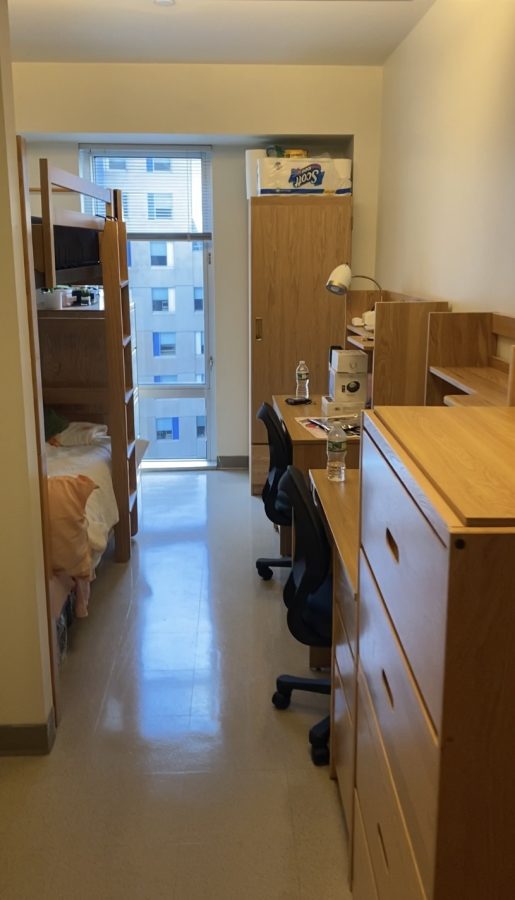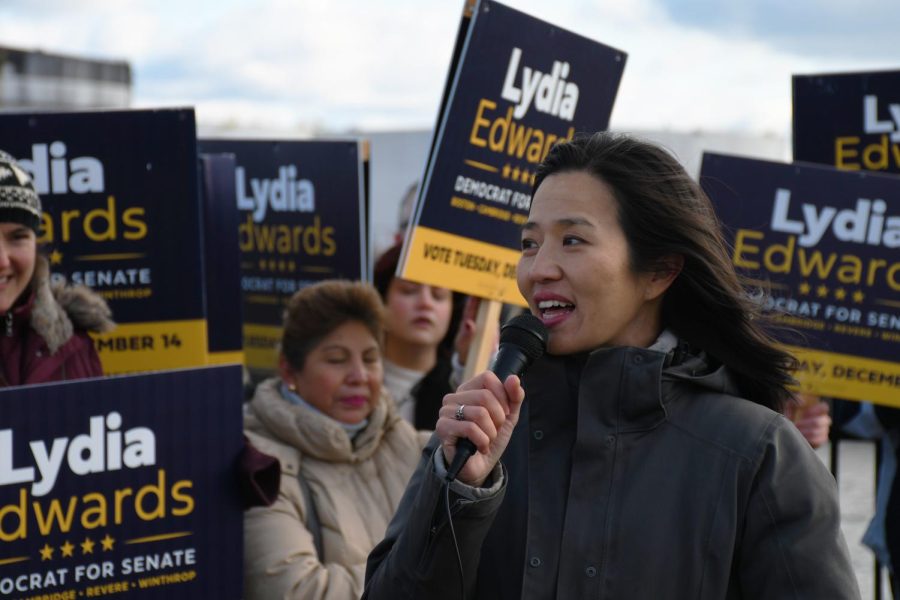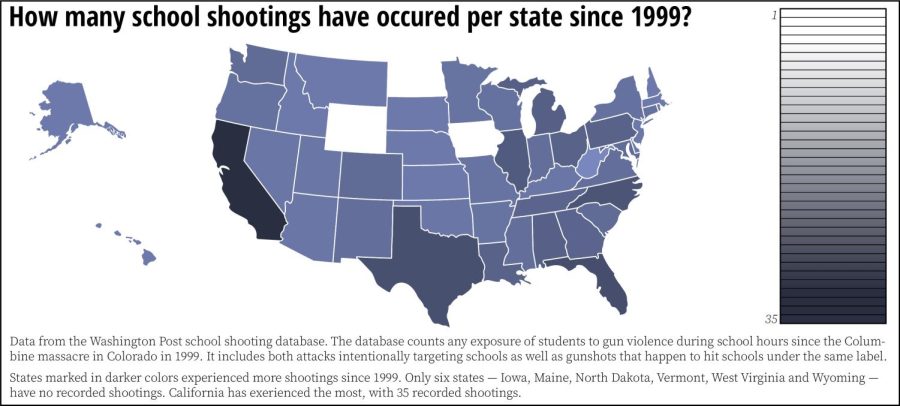
I took Elementary German 1 during Spring 2017 and it was easily the best language course I’ve ever taken. My professor grew up in Germany and has stayed connected with the culture. She stopped speaking English three weeks into the class, and it was everything I could have hoped for. When I visited Germany the following summer, I was able to order at restaurants and hold basic conversations about why I was there after four months of instruction, which surprised me.
That semester was Diana Erinna’s last at Northeastern. The World Language Department decided to upgrade the German professor position to full-time, and they decided to hire someone else instead of promoting Erinna. The new professor seems genuine, but I couldn’t bring myself to take another German course. Of the seven language teachers I’ve had, she was the best by a significant margin. It didn’t seem likely that the new professor would compare.
So I stopped taking German after only one semester.
It seems like a lot of adults, whether they are teachers, parents or guidance counselors, tell high school students that it’s best to be taught by professors with a doctorate. Not teaching professors. Not graduate students. Full-time, tenured professors. In an effort to appeal to prospective students and rise in national rankings, universities like Northeastern are hiring more professors with doctorates.
They don’t seem to consider that a Ph.D. doesn’t necessarily make for a better professor.
The best professors I’ve had are the ones who are still consistently engaged in their field. The journalism professors who are stil
l writing or appearing on television every week. The design professors that are still working with studios on a part-time basis. The language teachers who are still connected with the local culture of the language they teach through family and friends.
Northeastern loves “experiential learning.” Our administration says they believe in the value of each student having real-life industry experience in their field. So why don’t we demand that of our professors? Is it too radical to say that art, media and communications professors shouldn’t be teaching if they haven’t done any projects outside of academia in the past five years?
Even in STEM, there’s something to be said for the value of a teaching professor who decides to focus solely on educating students rather than doing research to earn tenure. While writing this piece, I reached out to a friend studying linguistics and math. He told me he came into school wanting to learn from “real professors, not grad students,” but over time he’s developed an incredible respect for teaching professors. In some cases, he told me, they were better prepared to teach — not just in the sense of coming to class with a plan, but in the sense of having the time set aside to invest in students on an individual basis. They are teachers first, not researchers who also teach.
Northeastern claims to prepare students to be successful and “robot-proof” regardless of our field of study. A good place to start would be to hire professors who have proven themselves to have the same qualities.















